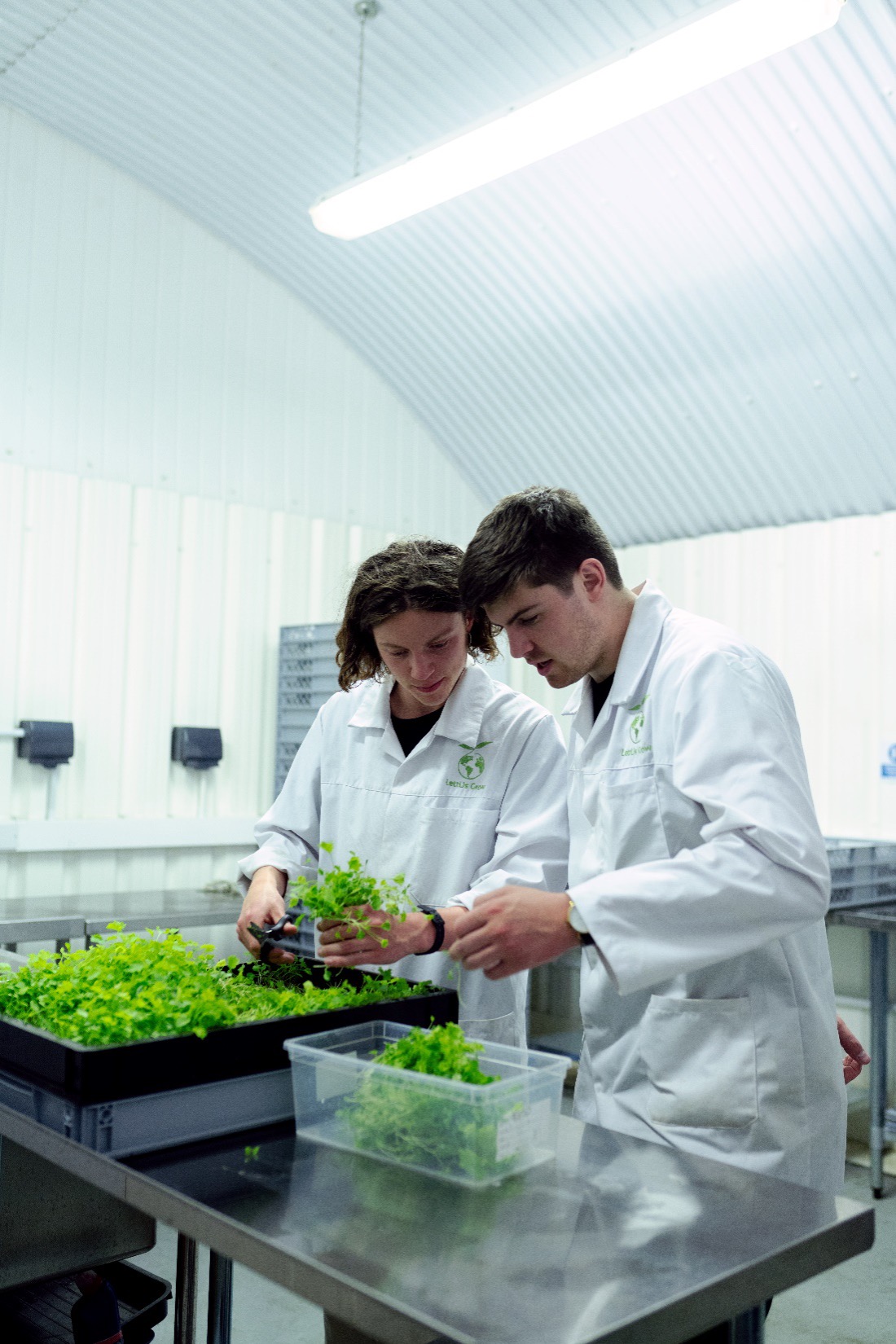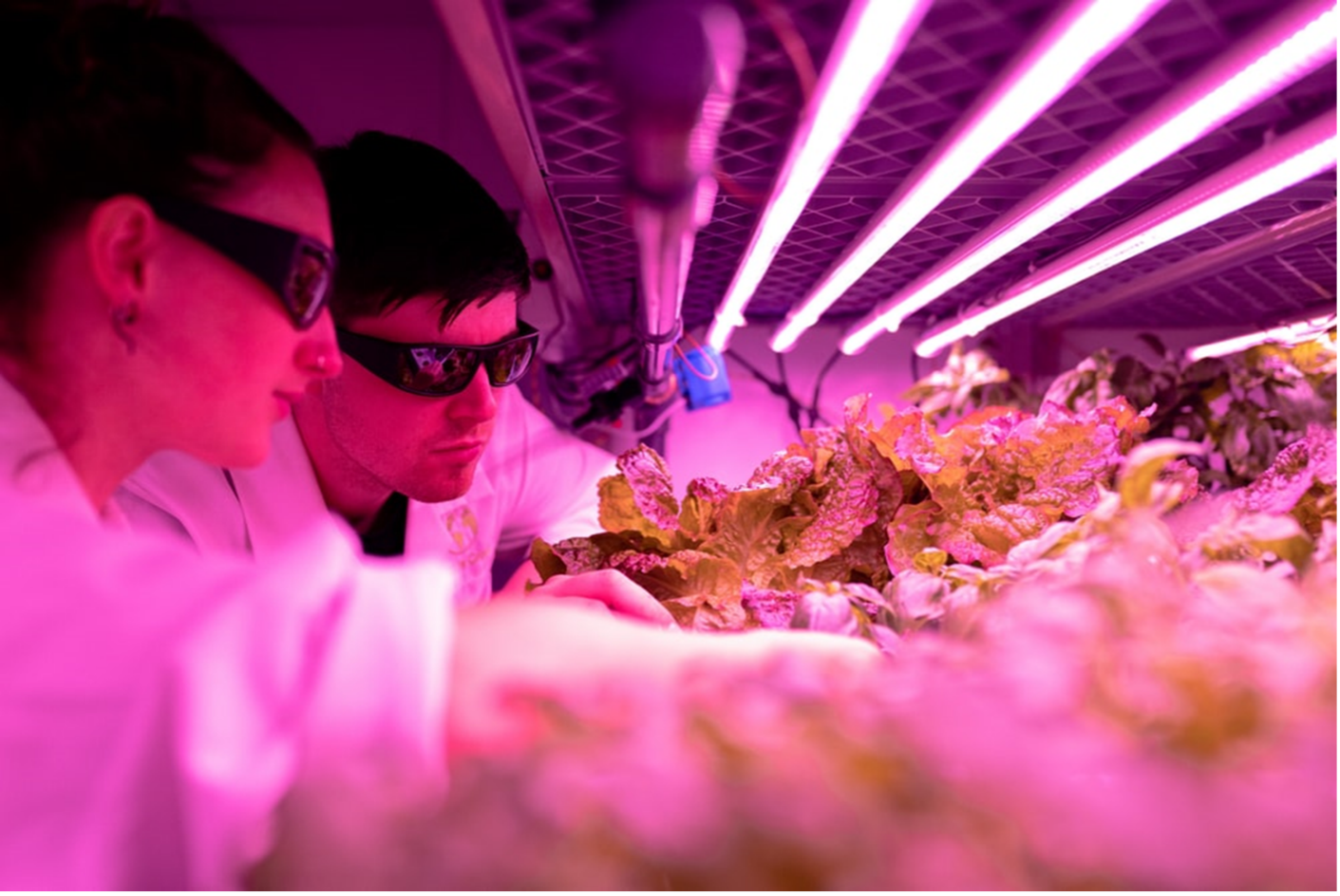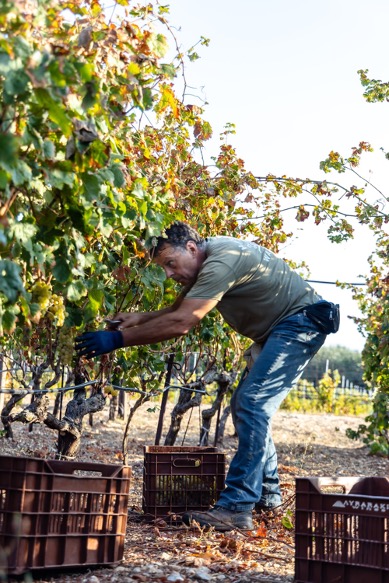Sustaining SmartAgriHubs through its Partners

Sustaining SmartAgriHubs through its Partners
One year ago, we shared some insights from the farming community on how to confront the effects of the pandemic in the agricultural sector. Among those, lifelong learning schemes were already highlighted for equipping professionals with tools to be resilient and prevent losses caused by inaction or misinformation. 
Today, the covid-19 crisis has not even finished when there is already a new one due to the war inflicted by Russia in Ukraine, which is causing severe disruptions in the agricultural market and, therefore, in the functioning of the agri-food value chain. For Copa-Cogeca, the upskilling and reskilling of the agricultural workforce is still essential to support European farmers through the twin green and digital transitions.
That is why, following our involvement in the SmartAgriHubs (SAH) project, and reflecting on its continuity beyond the official ending date, Copa-Cogeca and FoodDrinkEurope, supported by Geopa, took a leading role in the coordination of the Pact for Skills in the agri-food sectors, the so-called agri-food ecosystem. These organizations will ensure the implementation of the Pact and its Charter, which defines the overarching principles of this initiative launched by the European Commission in 2020. We believe that here SAH partners can play a determining role.
The Challenge
The agriculture and food industry is the largest producing and manufacturing sector in Europe. More than 10 million farms and 22.000 agri-food cooperatives in the EU create jobs for a workforce of 20 million employees, especially in rural areas, and 289.000 food processing companies provide jobs for 4.5 million people. Overall, the agri-food ecosystem is by far the biggest employment sector in Europe; it has a significant impact on rural and urban communities, as an aggregated ecosystem that includes more than 99% of small and medium-sized enterprises (SMEs)[1]. 
The agri-food ecosystem is facing acute challenges such as globalization and climate change, urbanisation, changing consumer demands, generational renewal[2] and strong competition from EU third countries, not to mention the impact of the Covid-19 pandemic. Some of these challenges represent opportunities for the ecosystem, such as digitalisation or the transition towards a more circular and bio-based economy. Workers in the agri-food ecosystem are often unskilled workers, ageing workers or third-country nationals with lower levels of qualification.
The ecosystem is also dependent on mobile workers, such as cross-border or seasonal workers. The right level of STEM[3] skills and the attractiveness of rural areas to workers is also vital. In addition, there is also a need for high-skilled workers such as agronomists, machinery specialists, C-level employees[4], sustainability experts, food scientists, food technologists, and high craftsmanship in the different sub-sectors. There is often a skills gap between the curricula offered by universities and the demand from the agriculture and food industries.
In addition, transversal hard and soft skills are required: leadership and communication, business management, financial, marketing, financial and non-financial reporting, team management, and quality management skills, which are often challenging for SMEs, especially micro undertakings.
The ambition
Investment and alignment of initiatives are needed throughout the Member States to provide the right education and skills needed by the ecosystem today and tomorrow. The ‘Pact for Skills’ represents an opportunity to upskill and reskill the current workforce and make the agri-food ecosystem more attractive to young people while providing a life-long learning perspective to both employers and employees. 
To achieve this, the partnership aims to set a joint strategy to design and implement a sectoral upskilling and reskilling framework, maximising the competitiveness of all the actors involved, enhancing job retention and job attractiveness of the agri-food ecosystem within the frame of the Pact for Skills. The partnership should develop the means to monitor the specific Key Performance Indicators that will measure progress towards these goals and help overcome the challenges identified.
The aim is to reach all the relevant stakeholders in the agri-food ecosystem: from farmers, agri-food cooperatives, food processors, and relevant associations, to education and training organisations. The ‘Pact for Skills’ partnership shall provide actions, accompanied by KPIs to assess its impact.
To that end, Copa-Cogeca would like to invite all SmartAgriHubs (SAH) partners to join us and sign the Pact for Skills in the agri-food ecosystem. This will also contribute to the sustainability of SAH by unleashing the innovation and potential for the digital transformation of the sectors through its partners. Concretely, the involvement of SAH under the Pact for Skills will support digitalization activities in line with the upskilling and reskilling of the agricultural workforce.
[1] FoodDrinkEurope (2021), Data and Trends of the European Food and Drink Industry
[2] For example, only 5.6 % of EU farmers are under 35 years old.
[3] Science, technology, engineering and mathematics.
[4] C-level employees or C-Suite are the top senior executives of a company: Chief Executive Officer (CEO), Chief Financial Officer (CFO), Chief Operating Officer (COO) and Chief Information Officer (CIO).

